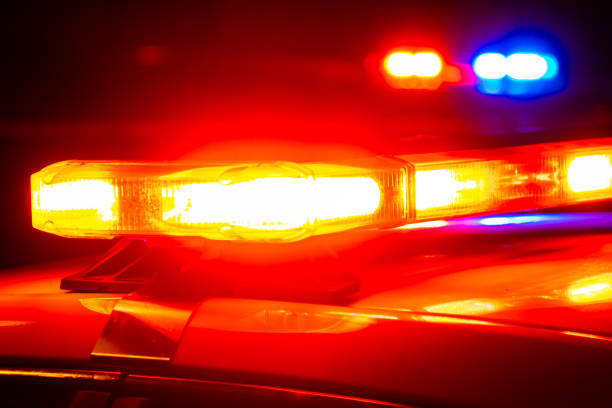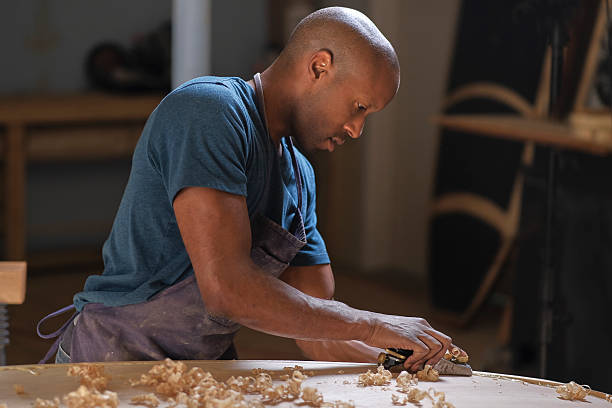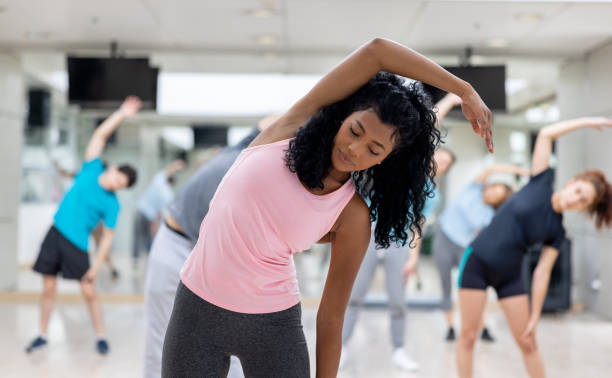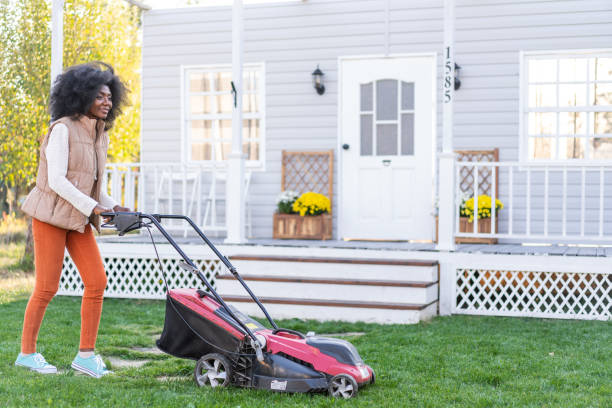
While hearing loss can be caused by different issues, loud noises are the most common culprit. It’s easy to think that you haven’t been exposed to anything that would damage your ears but that’s not necessarily true. You might be surprised by some of the everyday activities that could contribute to your hearing loss.
10 Everyday Things That Can Cause Hearing Loss

1. Turning Your Volume Up With Earphones
Your listening devices usually have a volume range that goes past what is considered safe. It’s worse when you’re using earbuds. The volume can go up to 110 decibels when 70 is considered safe.
In fact, prolonged exposure to 85 decibels can cause hearing loss while listening at 110 decibels for five minutes can permanently damage your eardrums. As a rule, if the person beside you can hear what you’re listening to, it’s too loud so keep the volume down.

2. Fireworks
Fireworks might be beautiful but they can produce noise levels as high as 160 decibels. It’s best to keep your distance so you can see the display without damaging your hearing. If you have to be close, consider wearing earplugs.

3. Sirens
As you might expect, sirens make you flinch for a reason. They can produce up to 129 decibels of noise. It’s good to follow your impulse and cover your ears if sirens are passing you. If you work with sirens, ask your employer about protective gear.

4. The Movies
It’s true that not all movies are loud. However, watching movies in the cinema can expose you to noise levels between 74 and 104 decibels. Apart from sitting as far from the speakers as you can, ear protection might be a good idea.
RELATED: 7 Types Of Assistive Hearing Devices You Need To Know

5. A Live Game
It might not seem like it but live games can get pretty loud. Between the crowd and the game itself, you could be looking at noise levels as high as 140 decibels. You should definitely bring your earphones.

6. Hunting
Experts say that a single gunshot is enough to affect your hearing. Yet almost 22 percent of people who go hunting or target shooting never wear ear protection. Since firearms can produce up to 175 decibels of noise, you should always wear earmuffs or earplugs.

7. Woodworking
Home projects might be fun but the tools you use can damage your ears over time. Sanders might take a toll over a period while circular saws are loud enough to do immediate harm. Using earplugs can protect you from the
90-112 decibels of noise that home projects can have.

8. An Exercise Class
Music is one of the ways that fitness trainers try to build an atmosphere for their exercise classes. However, the volume often hits above 100 decibels. Given that these classes often last for a minimum of 30 minutes, they can easily cause hearing loss. You can ask the trainer to turn the volume down but if that’s not enough, wear your earplugs.

9. Using A Lawnmower
Lawnmowers, leaf blowers, and snow blowers can get as loud as 100 decibels so you shouldn’t use any of them without ear protection, On average, though, lawnmowers usually produce about 85 decibels.

10. Riding A Motorcycle
When you’re riding a motorcycle, you can be exposed to about 95 decibels of noise. The sound of the wind whipping by can make things even worse. Fortunately, there are kits that can muffle your motor. There are also special earplugs that can filter out the noise while still allowing you to hear horns and sirens.
Signs Of Hearing Loss
The first sign of hearing loss is usually having trouble following conversations on the phone or in person. You may even have to ask people to repeat themselves. This issue might be worse when there’s a lot of background noise or people have high-pitched voices. If you have to turn the volume up on the television or radio to the point where it bothers other people, then your hearing has been impacted. Once you’re regularly having trouble hearing, it’s time to talk to your doctor.
Hearing loss can affect anyone, especially older adults. One thing you can do to protect your hearing is to be careful with the everyday noises that you’re exposed to. You should avoid loud noises where you can and safeguard your ears whenever possible. If you start having signs of hearing loss, talk to your doctor as soon as possible.









